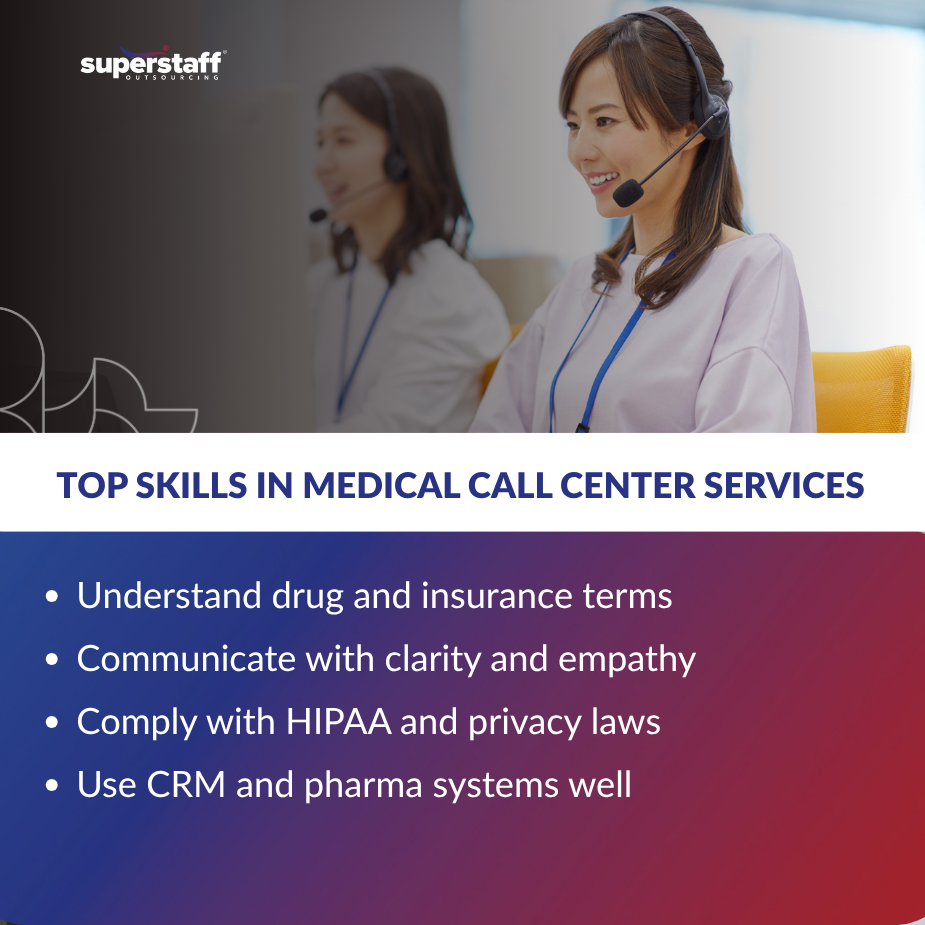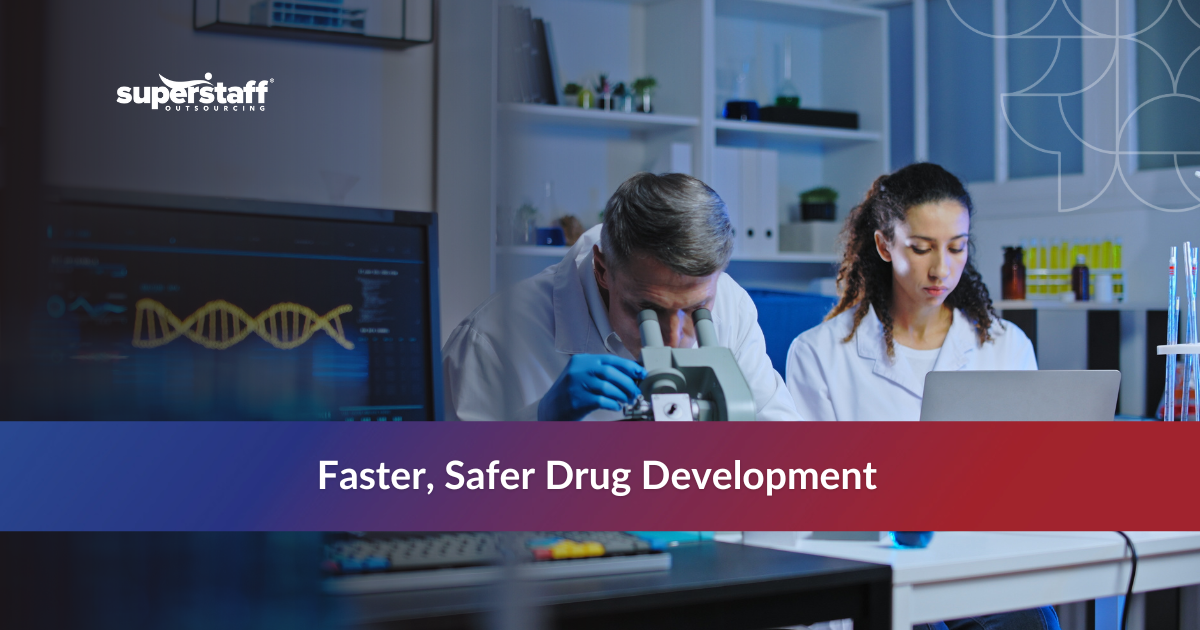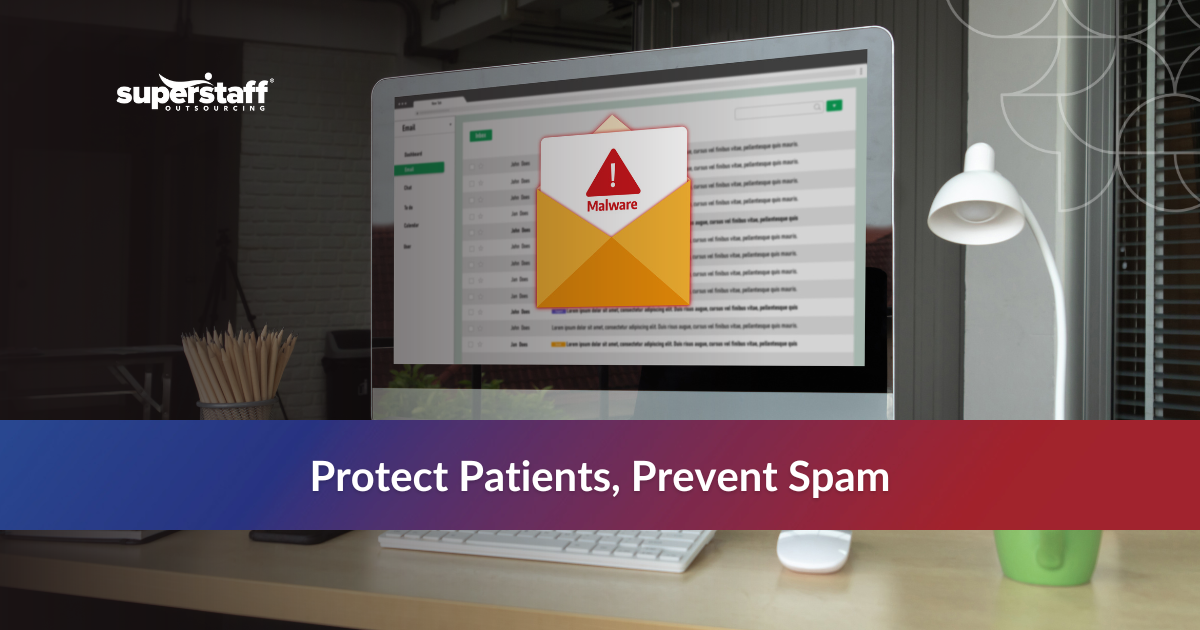
In today’s healthcare landscape, the role of a pharmaceutical call center agent is more essential—and more complex—than ever. As prescription processing, insurance coordination, and patient expectations evolve, medical call center services must evolve, too.
Unlike general customer support roles, agents in the pharmaceutical space operate at the intersection of empathy, precision, and regulation. It’s not just about answering phones. It’s about delivering reassurance, resolving issues efficiently, and upholding compliance—often all at once.
For BPO clients looking to scale pharmaceutical operations and for professionals eyeing a career in this field, understanding the must-have skills is key.

Deep Knowledge of Medical Call Center Services
Pharmaceutical agents must be fluent in the language of medicine. Every call is an opportunity—or a risk—depending on how accurately the agent can process and respond to what’s being said. Whether explaining how a medication works, identifying potential drug interactions, or helping a patient understand the difference between a brand-name and generic drug, accuracy is non-negotiable. Agents should also be comfortable interpreting the fine print of pharmacy benefits and navigating formularies tied to insurance plans. For instance, a patient might not understand why their medication was denied; an agent with strong foundational knowledge can offer a clear, confident explanation and suggest next steps. This fluency speeds up call resolution, avoids costly back-and-forths, and builds patient trust—all core functions of effective medical call center services.
Beyond product knowledge, agents must also manage sensitive health data responsibly.
Compliance With Healthcare Regulations
In the realm of medical call center services, understanding and adhering to healthcare regulations isn’t optional—it’s fundamental. U.S.-based clients expect agents to be well-versed in HIPAA, with full awareness of how to protect personal health information at every stage of interaction. This includes everything from authentication procedures before discussing medical records to knowing how to log and store data securely within CRM systems. Any misstep can have serious legal and financial consequences. SuperStaff addresses this risk head-on through rigorous training programs focused on compliance and data protection. By embedding these standards early, we ensure every agent is not only customer-ready but also regulation-ready.
Regulatory knowledge lays the groundwork—but soft skills are just as critical.
High-Level Empathy and Active Listening
In pharmaceutical support, the emotional weight of conversations cannot be underestimated. Agents often speak to patients who are in pain, anxious, or frustrated—especially when delays or denials disrupt access to essential medications.
These scenarios demand more than professionalism; they require compassion. Empathy shows up in how an agent responds to a patient worrying about a missed refill or an unexpected copay. Active listening helps agents identify unspoken concerns and guide the conversation toward solutions. By using patient, reassuring language and validating concerns without dismissing them, agents not only provide support—they create trust. And in medical call center services, trust is everything.
These interactions also require top-notch communication techniques.
Clear and Confident Communication
Successful pharmaceutical call center agents are, at their core, expert communicators. They take complex information and make it digestible—especially for patients who may be unfamiliar with medical jargon or insurance policies. Clarity matters whether they’re explaining how to take a medication, outlining why a prescription was delayed, or walking someone through prior authorization requirements. But it doesn’t stop at verbal communication. Written skills are just as critical, especially when handling email support or updating provider notes in a patient’s file. A well-worded response can prevent miscommunication and reduce repeat calls. Consistency in tone, confidence in delivery, and attention to the listener’s level of understanding are all key indicators of excellence in medical call center services.
But communication must also be backed by a detail-oriented mindset.
Accuracy and Attention to Detail
Pharmaceutical support involves little room for error. Whether reviewing prescription instructions, updating a patient’s insurance details, or logging critical notes into a system, even a small oversight can create major disruptions. Accuracy ensures patients receive the right medication, the first time. It also prevents compliance violations that could flag the business or its partners. To maintain this standard, agents must operate with a high level of discipline—double-checking information, verifying coverage, and cross-referencing data where needed. SuperStaff prioritizes this through robust quality assurance processes embedded in every layer of our medical call center services. In this environment, precision isn’t just a skill—it’s a standard.
Accuracy also relies on mastering technical systems used in pharma support.
Proficiency in CRM and Pharmacy Systems
Technical fluency is a cornerstone of high-performing pharmaceutical call centers. Agents who are adept at navigating CRM tools, e-prescription platforms, and billing systems can handle calls faster, with greater accuracy. A patient may not see what happens behind the scenes, but when an agent can quickly check medication availability or update a benefits profile without lag, the experience feels seamless. These systems are constantly evolving, and staying current means investing in ongoing training. SuperStaff ensures that its teams are up to speed on both proprietary and widely used platforms—equipping agents to integrate smoothly into client ecosystems. In a field where timing and data integrity are critical, system mastery enhances every aspect of medical call center services.
Finally, agents must be prepared to handle pressure and adapt quickly.
Resilience and Critical Thinking
No two calls are the same in pharmaceutical support. Agents may go from handling a routine refill request to assisting someone in crisis, navigating time-sensitive insurance issues, or escalating urgent medical concerns. Staying composed under pressure is essential. Resilient agents don’t just survive chaos—they think critically in it.
Together, these skills form the ideal profile for pharma call center success.
Conclusion: Why Medical Call Center Services Demand Specialized Skills
Medical call center services demand more than general support expertise—they require a combination of technical fluency, regulatory awareness, empathy, and sharp communication. From explaining prescription coverage to navigating emotionally sensitive conversations, pharmaceutical agents need a well-rounded skill set to deliver meaningful results. Clients benefit when their support teams can confidently manage healthcare intricacies without compromising service quality. Whether you’re navigating insurance verification or guiding patients through prior authorization processes, every touchpoint matters.
SuperStaff understands this better than most. Our pharmaceutical outsourcing services are built on a foundation of training excellence, data security, and patient-first communication. If you’re a healthcare company looking to scale your patient support capabilities with expert agents, talk to SuperStaff about our trained pharmaceutical support teams today. With the right partner, you don’t just meet industry standards—you raise them.






